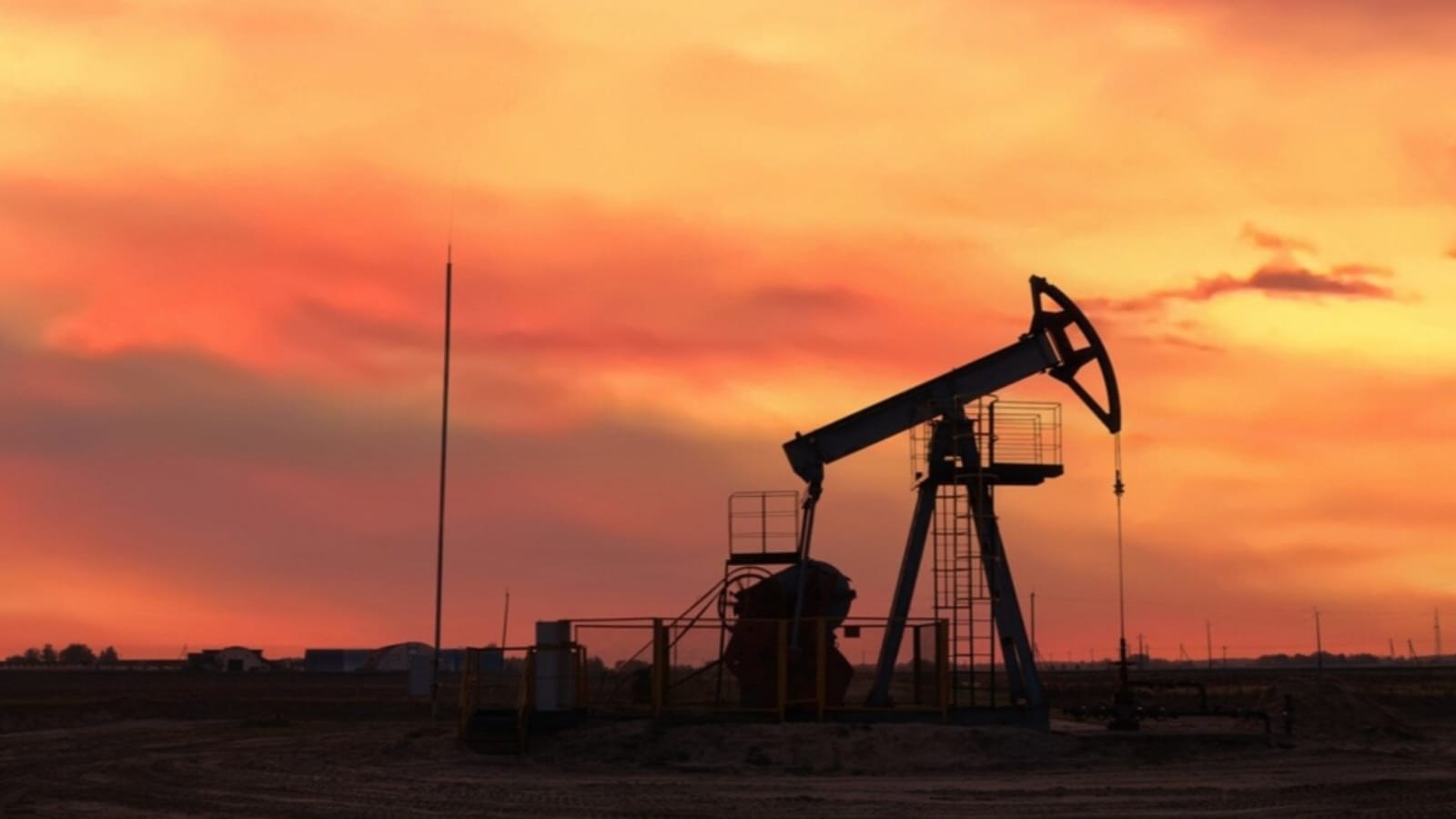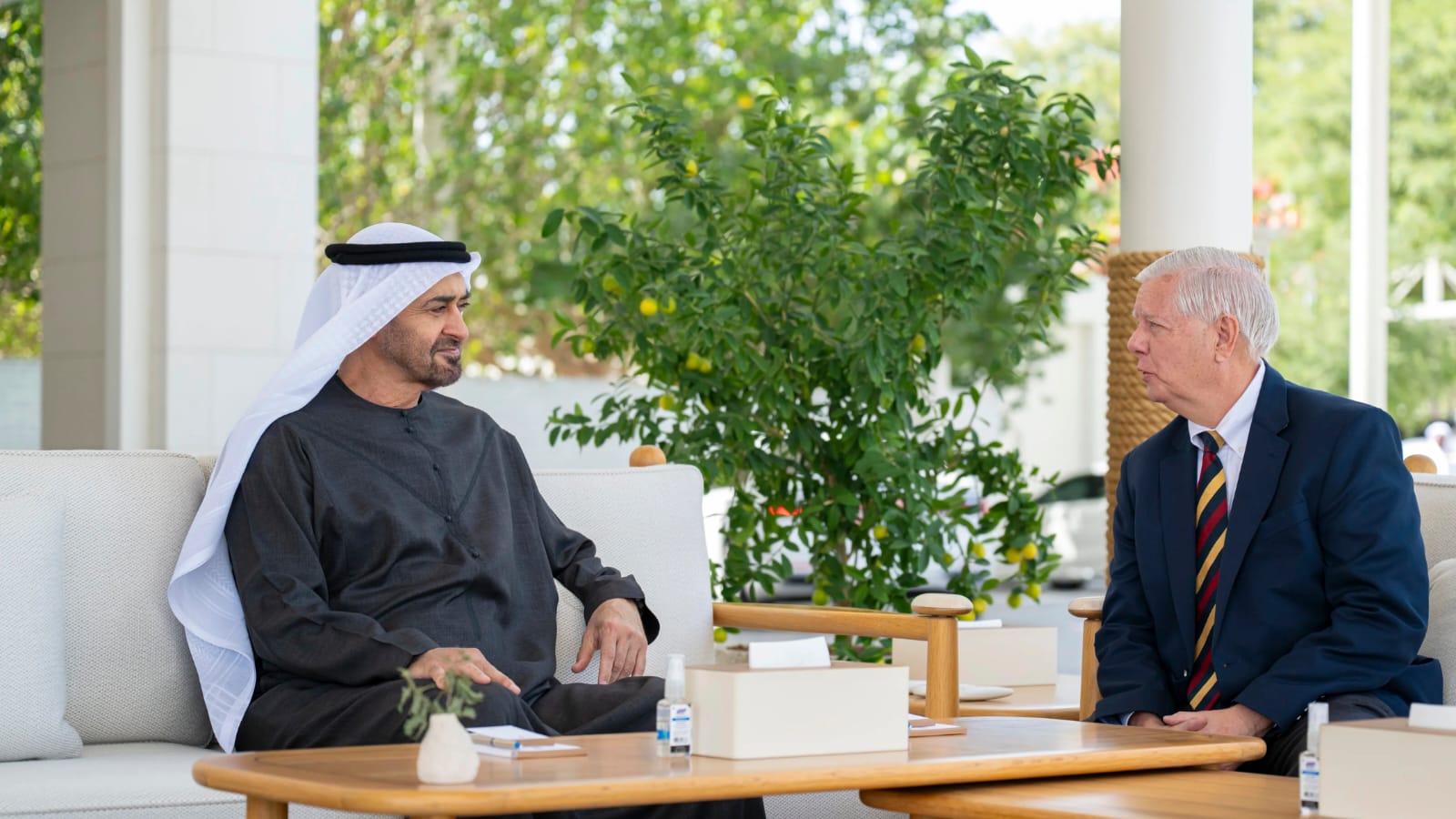Artificial Intelligence Shapes Weather Prediction At Abu Dhabi Conference 2025

Abu Dhabi is once again at the center of a global conversation. The city is hosting the Artificial Intelligence for Weather Prediction: Advances, Challenges & Future Conference 2025. The event is taking place at the National Centre of Meteorology (NCM) and runs until 11th September.
This three-day conference is organized under the World Meteorological Organization (WMO). It brings together more than 50 speakers from around the world. There are 12 main sessions focused on the future of artificial intelligence (AI) and machine learning (ML) in weather forecasting.
Experts from top companies like Microsoft, Google, Nvidia, and IBM are part of the discussions. The European Centre for Medium-Range Weather Forecasts and other academic institutions are also sharing their knowledge. Together, they are looking at how AI can make weather predictions more accurate, more reliable, and more useful, especially for developing countries.
UAE’s Leadership in Hosting Global Scientific Events
The UAE has positioned itself as a global hub for innovation. Hosting this important event proves the country’s commitment to science and technology. The National Centre of Meteorology (NCM) is already a leader in weather research in the Middle East. By welcoming global experts to Abu Dhabi, the UAE strengthens its role as a platform for collaboration
Weather forecasting is critical for the UAE and the wider region. Sandstorms, heavy rainfall, and extreme temperatures can all impact daily life and the economy. Having access to accurate forecasts is not just helpful but necessary. The UAE knows that AI is the key to achieving better predictions.
How AI Improves Weather Forecasting
Weather prediction has always been complex. It involves studying large amounts of data, satellite images, and climate models. Traditional methods are powerful but still limited.
Sometimes forecasts are not as accurate or fast as people need them to be.
This is where AI and machine learning make a difference. AI systems can process huge amounts of data in seconds. They can recognize patterns that humans or traditional models may miss. With decades of past weather data, AI can train itself to forecast storms, rainfall, and temperature changes with greater accuracy.
For developing countries, this technology is even more valuable. Many of them lack the tools and infrastructure to create reliable forecasts. AI offers them access to more accurate predictions, which helps in saving lives and reducing damage during extreme weather events
However, experts also reminded that AI is not enough on its own. Human oversight is still very important. Meteorologists and climate experts must guide AI tools, check the results, and make sure the forecasts are transparent and trustworthy.
Key Themes from the Opening Sessions
The first sessions of the conference focused on three major themes:
1. Earth System Forecasting
Forecasting is no longer just about the atmosphere. Experts spoke about the need to include oceans, land, and even ice into one complete Earth system model. AI is helping to combine all these factors into a single, powerful forecasting tool.
2. Data Requirements and Sharing
AI needs a lot of data to function well. The sessions highlighted the importance of sharing meteorological data across countries. If data is not shared equally, poorer regions may be left behind. Making data open and accessible is essential.
3. AI in Operations
Some weather centers around the world are already using AI in their daily work. The experts explained that AI is not here to replace meteorologists. Instead, it is here to support them. By handling large amounts of information, AI allows forecasters to focus on decisionmaking and communication.
Big Technology Companies Supporting the Future
- The conference also shows how big technology companies are now part of the global weather conversation.
- Google is developing AI models that can provide short-term, high-resolution rainfall forecasts. These are useful for flood management.
- Microsoft is using its Azure cloud platform to run climate simulations and make data more available.
- Nvidia is helping with powerful supercomputing systems. These systems can process complex models at very high speeds.
- IBM’s Weather Company is already a leader in providing AI-enhanced forecasts used by governments and businesses worldwide.
- Their presence in Abu Dhabi shows how technology and climate science are now working hand in hand.
Challenges in Using AI for Weather Predictions
AI is powerful, but it also brings challenges. Experts spoke about some of the key concerns:
Data bias: AI works best when it has high-quality data. In regions with little data, predictions may not be accurate.
Transparency: Forecasts must be clear and explainable. People need to trust that AI predictions are reliable.
Sustainability: AI systems and supercomputers use a lot of energy. This raises questions about the environmental impact of these technologies.
The conclusion was clear: AI is a tool, but humans must remain in control. Ethics, fairness, and responsible use are key to success.
Why AI Forecasting Matters for Developing Countries
One of the strongest points in the conference is the benefit for developing nations. These countries often face the worst weather challenges but do not have advanced forecasting systems. AI can help close this gap.
Cloud computing and open data allow developing countries to access high-quality forecasts at lower costs. This helps them prepare for floods, storms, and droughts, reducing risks and saving lives.
The UAE’s efforts to host this conference show its commitment to making science and technology accessible to all countries. It is about creating a global system where no one is left behind.
Abu Dhabi as a Platform for Global Cooperation
Abu Dhabi has hosted many global events related to sustainability, climate change, and science. From COP28 to innovation summits, the UAE is building its reputation as a country that supports solutions for global challenges.
This conference is another example of how the UAE is using its resources and position to connect experts, governments, and private companies. The Middle East is becoming a key player in discussions about climate resilience and advanced technology.
The Future of AI in Weather Forecasting
The discussions in Abu Dhabi are not only about the present but also the future. Experts are exploring the next steps in AI-driven forecasting: • Hyper-local forecasts that can predict weather at the street or neighborhood level.
- Integration with climate change models to help governments plan better policies for long-term resilience.
- Applications across sectors like aviation, shipping, renewable energy, and agriculture.
- The vision is a future where forecasts are not only accurate but also available to everyone, everywhere.
UAE Leading Global Climate Technology
The Artificial Intelligence for Weather Prediction Conference is not just a scientific event. It is a symbol of global cooperation, innovation, and the UAE’s leadership role. By gathering experts from around the world, Abu Dhabi proves it is more than just a host city it is a partner in shaping solutions for the future.
AI is changing how we understand the weather. It is making forecasts more accurate, faster, and accessible. But human expertise remains vital. With the UAE driving these conversations, the world is moving closer to a future where technology and science work together for resilience and sustainability.








2 Comments
[…] In a high-profile meeting in Abu Dhabi on 3 December 2025, UAE President Sheikh Mohamed bin Zayed welcomed Amazon founder Jeff Bezos. The two leaders discussed expanding cooperation in technology, innovation and artificial intelligence (AI). […]
[…] about AI replacing human workers has surged in recent months. With generative AI capable of writing reports, […]
Comments are closed.